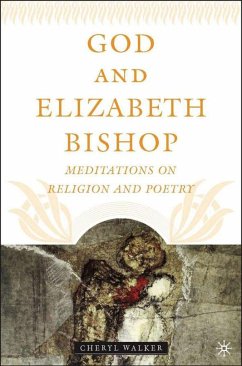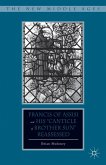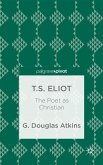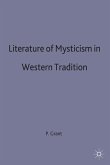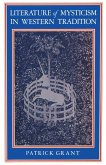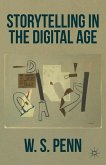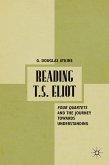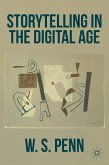In God and Elizabeth Bishop Cheryl Walker takes the bold step of looking at the work of Elizabeth Bishop as though it might have something fresh to say about religion and poetry. Going wholly against the tide of recent academic practice, especially as applied to Bishop, she delights in presenting herself as an engaged Christian who nevertheless believes that a skeptical modern poet might feed our spiritual hungers. This is a book that reminds us of the rich tradition of religious poetry written in English, at the same time taking delicious detours into realms of humour, social responsibility, and mysticism.
"By exploring with such lucidity and grace the 'undercurrent of religious musings in Bishop s professed skepticism,' Cheryl Walker has created an important new perspective on the life and art of Elizabeth Bishop. Walker s reading is in no sense dogmatic. Rather it is exploratory, and, in her own words 'playful' in its nuanced reading of Bishop s ambivalent relationship with God and the otherworldly. Walker discovers in Bishop 'a writer who ends up with the questions rather than the answers of a person with a religious temperament,' and her well informed and insightful reading of that writer suggests the possibility of a new and welcome mode of religious criticism for the twenty-first century." - Thomas Travisano, Hartwick College

